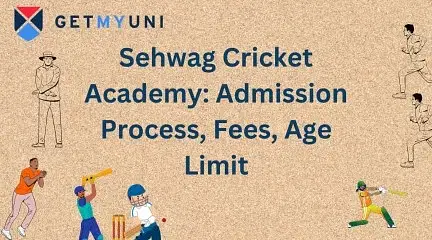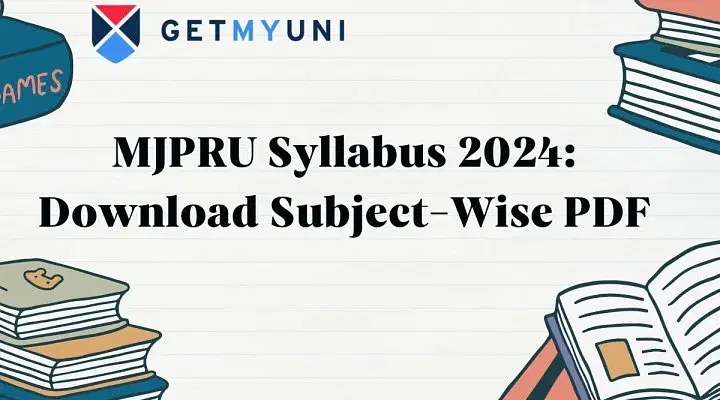Correspondence courses are also called distance courses. Candidates can study correspondence courses in top universities like IGNOU, Delhi University, Symbiosis International University, etc.
Correspondence courses are distance learning courses that are mostly sought after by working individuals. Institutions offering correspondence courses mostly offer direct admission to the candidates, whereas in some cases appearing for a selection round may be required.
Some of the best colleges in India providing correspondence courses are Indira Gandhi National Open University (IGNOU), Lovely Professional University, Sikkim Manipal University, etc. Candidates must visit the official websites of these institutions to gather more information. They must also read along to learn about the definition of correspondence courses, how correspondence courses work, etc.
What is a Correspondence Course?
A correspondence course is taught in a distance learning environment. Candidates enrolled in such courses receive their course or study materials through courier or email and have the option to complete them at their convenience.
Correspondence courses are very popular among working professionals, homemakers, and people with little or no access to education. This is a good option if a candidate wants more flexibility and needs to work independently. However, candidates who require constant interaction with faculty members and peers for their coursework may not find correspondence courses ideal.
Read More: Vocational Courses after 12th
Benefits of Correspondence Courses
There are several advantages of correspondence courses, like flexibility, time management, etc. Candidates must check the below pointers to learn more about the pros of correspondence courses.
- No need to attend lectures: The most fascinating feature of correspondence courses is that one can complete the coursework from anywhere at their convenience. It is not mandatory to attend classes or lectures. Hence, these courses are highly sought after by service people and businessmen.
- Flexible timings: Candidates have the option of attending the classes as per their schedule. They can also complete the coursework and submit the assignments as per their convenience.
- Equivalent to regular courses: Correspondence courses get almost the same recognition as regular courses if they are done under recognized universities. Therefore, candidates must try to enrol in well-known open universities or dual-mode universities.
- Low tuition fee: The tuition fees of correspondence courses are comparatively lower than regular courses. Hence, students looking for courses with low tuition fees must opt for correspondence courses.
- Self-motivated: Correspondence courses require students to remain self-motivated. This is because the entire syllabus and the assignments are required to be completed at home, without any dependency on teachers.
Correspondence Course vs Online Course
There is a significant difference between correspondence courses and online courses. Candidates can check the table below to learn more about the various differences between correspondence and online courses.
| Particulars | Correspondence Course | Online Course |
| Faculty Interaction | Less interaction and may only hear from teachers while receiving feedback on examinations or assignments. | Interaction is more between faculty and students. |
| Flexibility | Offers flexibility to candidates, which allows them to complete their coursework at their own pace. | Minimum flexibility is offered. Candidates have to complete the coursework within a set timeframe or before attending the next class. |
| Course Fee | Low course fee. | The course fee varies depending on the subject. |
Best Colleges Offering Correspondence Course
Candidates willing to take admission in the correspondence courses must be aware of the colleges and universities that offer them. The best colleges to study correspondence courses are tabulated below.
Read More: List of Private ITI Colleges in India 2024
A correspondence course is imparted in a distance mode and the study materials are sent through courier or email. Such courses are mostly preferred by working professionals. Interested candidates can seek admission to correspondence courses at top universities like Delhi University, Symbiosis International University, etc.










